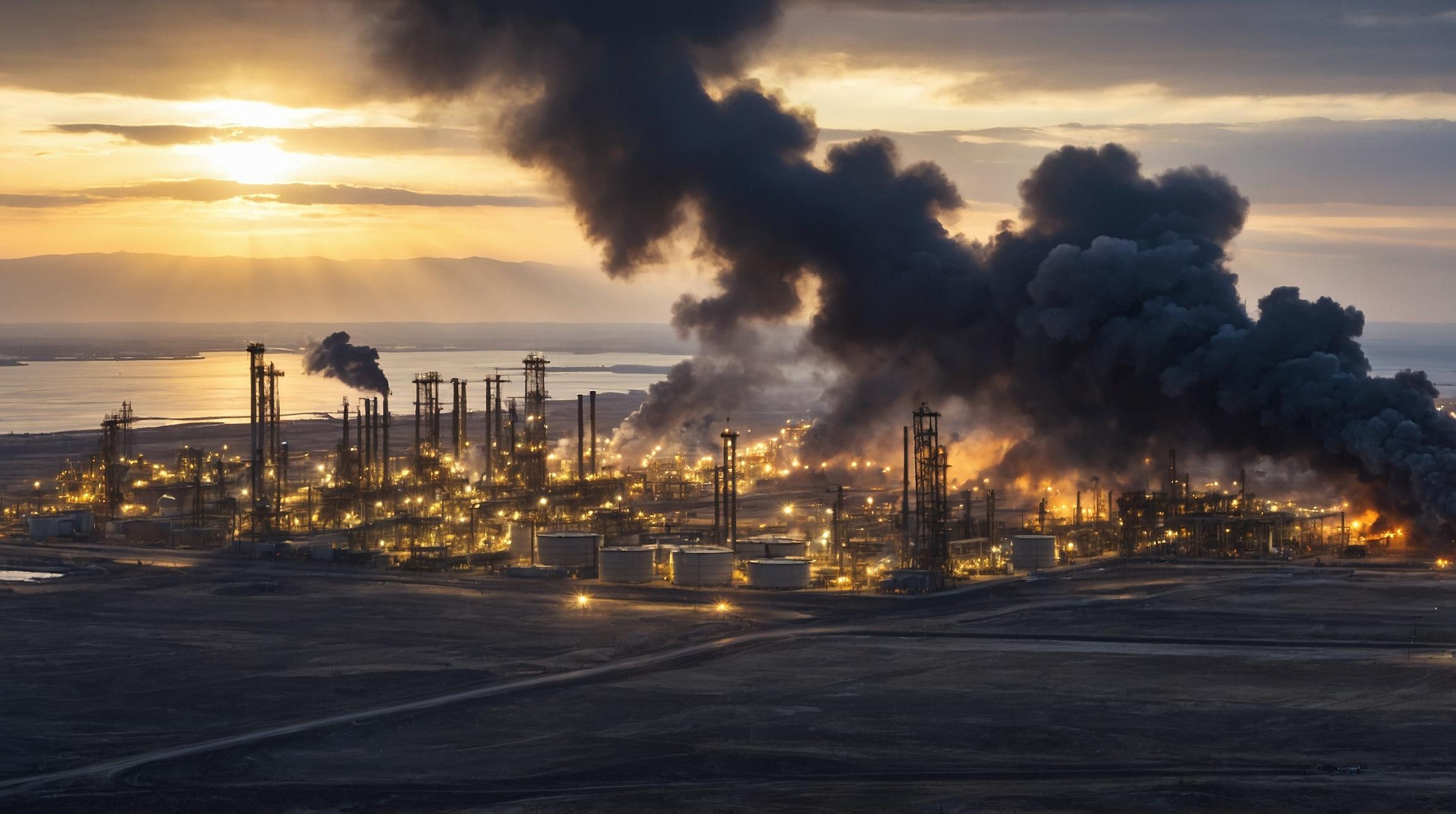Crude Oil Edges Higher on Supply Concerns; API Stocks Rise
Oil prices edged slightly higher on Wednesday due to concerns about supply disruptions in the Middle East while U.S. inventories rose more than expected.
By 08:45 ET (12.45 GMT), the futures traded 0.2% higher at $80.90 a barrel and the contract climbed 0.3% to $85.55 a barrel.
Middle East Tensions on the Rise
Both crude contracts increased by around 1% on Tuesday after Israeli Foreign Minister Israel Katz warned of a possible "all out war" with Lebanon's Hezbollah. This happens just as Israel's conflict with Hamas in Gaza showed signs of calming down. The U.S., which supports Israel, is trying to prevent a larger conflict with the Iran-backed group. An escalating war could disrupt the oil supply from this major producing region. Reports also mentioned a Ukrainian drone strike causing a fire at an oil terminal in a major Russian port, potentially affecting crude supply from this significant supplier.
US Crude Inventories Rise
The heightened tension overshadowed data showing an increase in domestic crude stocks. Many anticipated that summer driving season would increase demand and lower inventories. However, U.S. crude stocks rose by around 2.3 million barrels for the week ending June 14, compared to a drop of 2.4 million barrels the previous week.
"The surprise crude build means the report was moderately bearish," analysts at ING stated in a note.
UBS Looks for Crude Rebound
UBS forecasts that Brent crude oil will rebound to the mid to high-$80s, supported by OPEC+ cuts extension and the seasonal increase in demand. Earlier this month, the Organization of Petroleum Exporting Countries and allies (OPEC+) announced plans to phase out voluntary cuts potentially as early as October 2024. UBS added that Brent could move to $80 per barrel next year as OPEC+ starts to bring back production gradually from the second quarter.
“We do expect a negative impact on oil demand from slower GDP growth and higher prices but continue to expect demand to grow until the late 2020s," states UBS.













